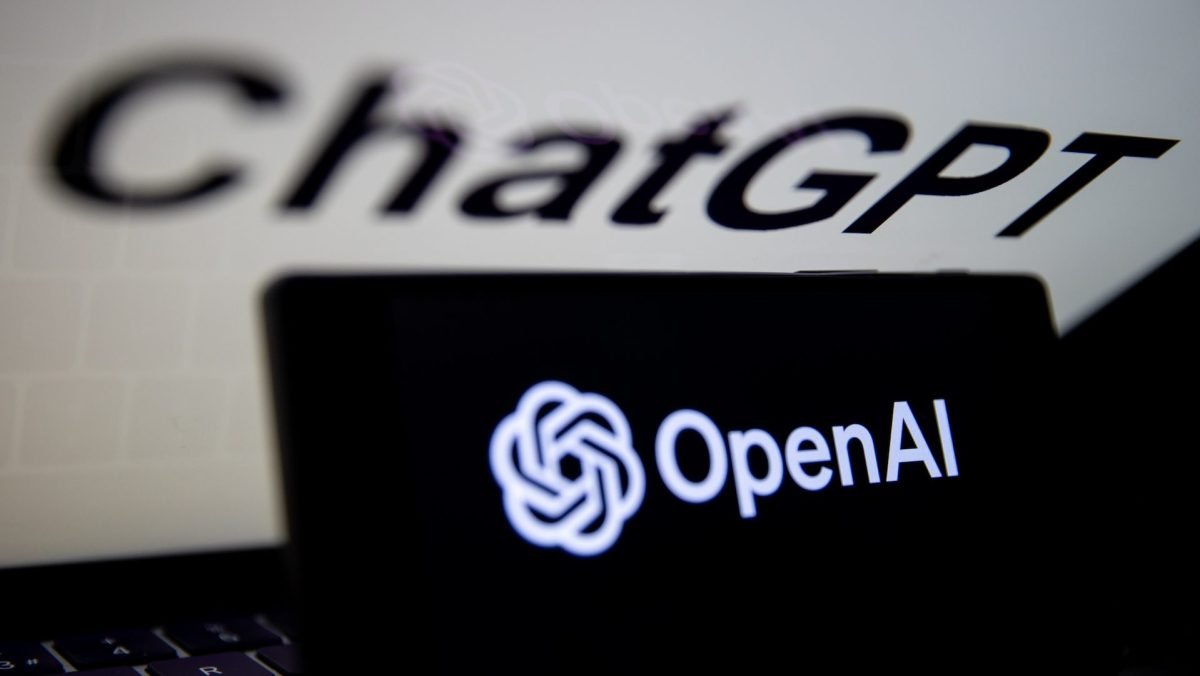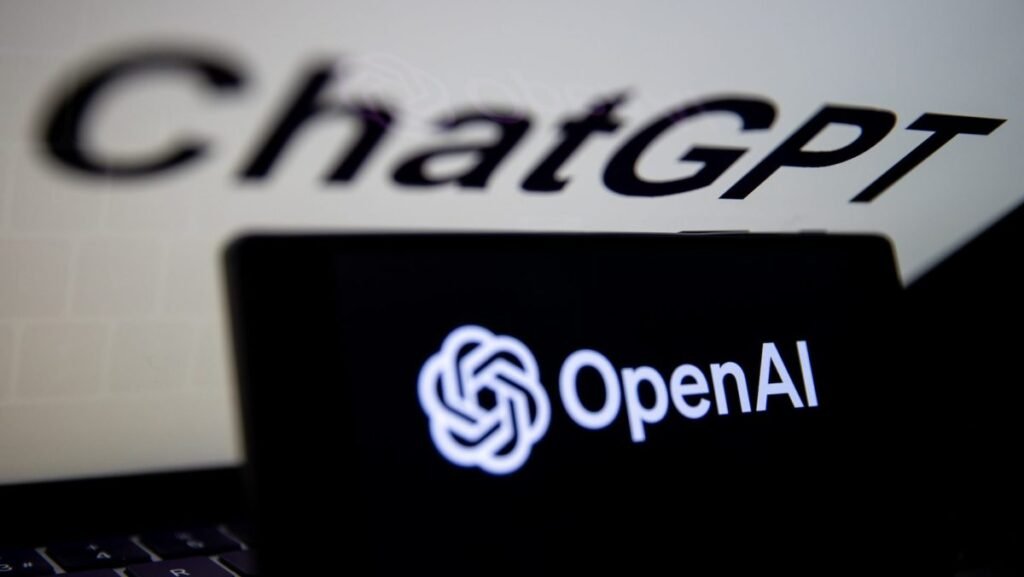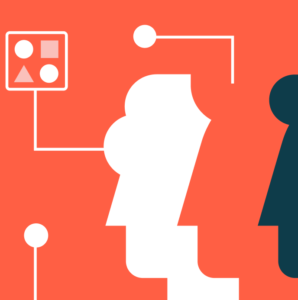If OpenAI gets its way, the next online course you take could have a chatbot component.
Speaking at a fireside chat on Monday hosted by Coeus Collective, Siya Raj Purohit, a member of OpenAI’s education team, mentioned that OpenAI might explore ways to allow e-learning instructors to create custom “GPTs” that integrate into online curriculums.
“What I hope will happen is that professors will create custom GPTs for the public and allow people to engage with content lifelong,” Purohit said. “It’s not part of our current work, but it’s definitely on our roadmap.”
Purohit noted that professors have already been uploading a semester’s worth of content to create custom GPTs with OpenAI’s existing tools and making them available to students. “Students engage with that finite knowledge…which I think is a really powerful way to let them research,” she added.
OpenAI is making a significant push into the education market, viewing it as a crucial area for growth.
In September, the company hired former Coursera chief revenue officer Leah Belsky as its first education general manager to bring OpenAI products to more schools. This spring, OpenAI introduced ChatGPT Edu, a version of ChatGPT tailored for universities.

According to Allied Market Research, the AI in education market could reach $88.2 billion in the next decade. However, growth has been slow, partly due to skeptical educators.
The GPTs described by Purohit might resemble Khanmigo, a chatbot that Khan Academy, an e-learning platform, launched in collaboration with OpenAI last year. Khanmigo can assist students with homework tips, test preparation, and more, closely integrating with Khan Academy’s educational content library.
Highlighting current AI challenges, Khanmigo sometimes makes mistakes. When The Wall Street Journal tested the chatbot in February, it struggled with basic math and often failed to correct errors when asked to validate solutions.
Purohit emphasized that the technology is advancing, though.
“All our models are continuously improving, and our aim is to apply that to enhance learning and teaching,” she stated.
Educators, however, remain largely doubtful. In a survey this year by the Pew Research Center, a quarter of public K-12 teachers expressed that using AI tools in education does more harm than good. Another poll conducted by the Rand Corporation and the Center on Reinventing Public Education revealed that only 18% of K-12 educators are using AI in their classrooms.




